
Selected reviews about elderly care communities
Selected reviews about elderly care communities offer valuable insights into the experiences of residents and their families. These reviews can highlight the strengths and weaknesses of different communities, helping you make an informed decision when choosing the right care for your loved one.

4 Tips for Building Relationships with Nurses
Building strong relationships with nurses involves effective communication, showing respect for their expertise, actively listening to their concerns, and collaborating on patient care. Acknowledging their hard work and providing positive feedback fosters a supportive environment, ultimately enhancing teamwork and improving patient outcomes. Prioritizing these connections leads to a more cohesive healthcare setting.

6 Pieces of Wisdom Nurses Often Share with New Family Caregivers
Nurses often emphasize the importance of self-care for caregivers, encouraging them to seek support and set boundaries. They advise creating a structured routine for care, staying organized with medications, and maintaining open communication with healthcare providers. Building a support network and practicing patience are also vital for managing the challenges of caregiving.
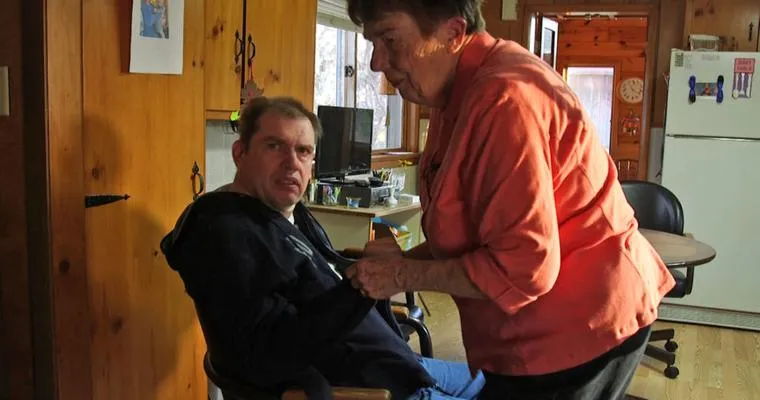
I am an adult, only child overwhelmed with disabled elderly parent that refuses caregivers and post-surgery rehab.
As an adult only child, I find myself overwhelmed by the challenges of caring for my disabled elderly parent. After surgery, their refusal of caregivers and rehabilitation complicates our situation, leaving me to navigate the emotional and physical demands of caregiving alone while struggling to maintain my own well-being.

Handling racism from parent with dementia.
Caring for a parent with dementia can be challenging, especially when they express racist beliefs. It's important to approach these moments with patience and empathy. Redirecting the conversation, using distraction techniques, and reinforcing positive values can help manage their behavior while maintaining a supportive environment for both the caregiver and the individual.
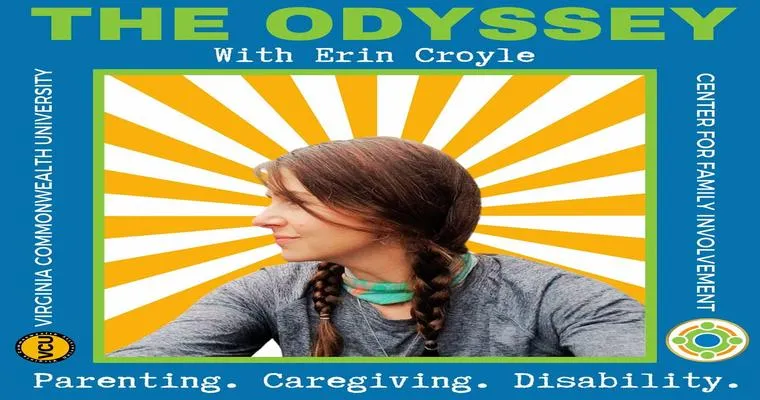
The unpaid caregiver and I had a falling out. She hasn't left yet, but she's going to eventually and then what will I do?
The unpaid caregiver and I have experienced a significant disagreement, leading to tension in our relationship. Although she has not yet left, her departure seems imminent. I find myself anxious about the future, unsure of how I will manage without her support and the challenges that lie ahead.
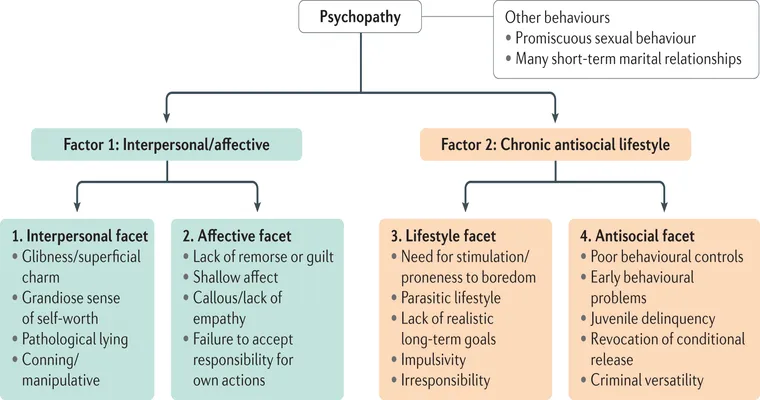
My mother has an antisocial PD along with dementia. I find it interesting how the personality is fully intact. Does anyone else note this?
Experiencing a mother with both antisocial personality disorder and dementia presents a unique perspective. It’s intriguing to observe how her core personality traits remain intact despite cognitive decline. This raises questions about the relationship between personality and cognitive function, prompting discussions about the complexities of mental health and identity.
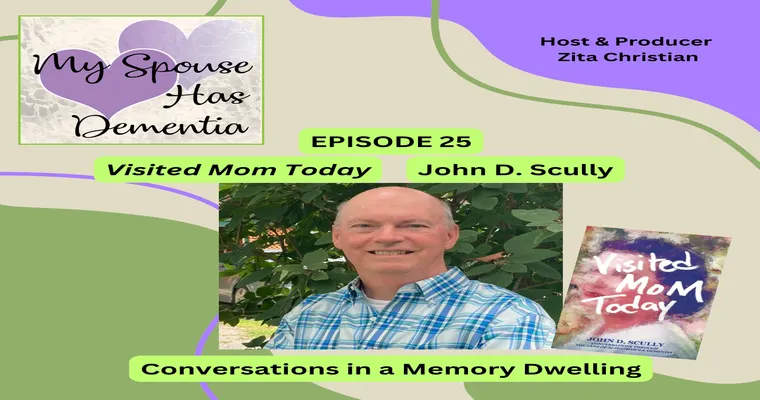
My husband has Alzheimer’s/dementia. I’ve signed him up for memory assisted living facility.
My husband has been diagnosed with Alzheimer's, prompting me to seek a memory-assisted living facility for his care. This decision aims to provide him with a supportive environment tailored to his needs, ensuring his safety and well-being while allowing him to engage in meaningful activities alongside others facing similar challenges.

Mom has dementia and has narcissistic personality disorder. She is in rehab and only allows me to visit. How do I handle it?
Caring for a mother with dementia and narcissistic personality disorder can be challenging, especially in rehab. Focus on setting boundaries while offering support during visits. Approach conversations with empathy, validating her feelings without engaging in manipulative behaviors. Seek professional guidance to navigate these complexities and prioritize your own emotional well-being.
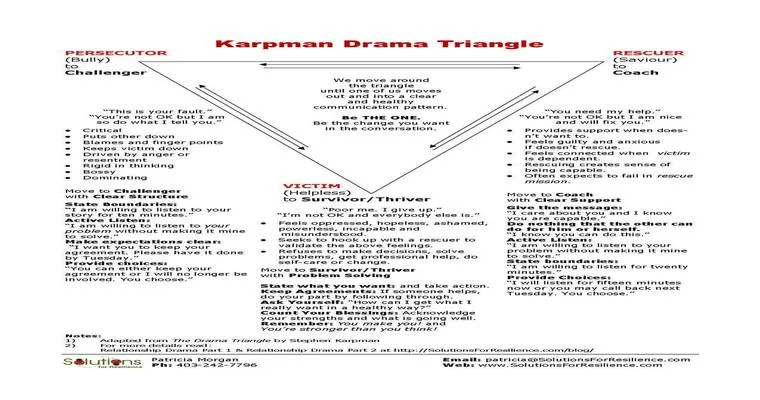
The Karpman Drama Triangle
The Karpman Drama Triangle is a psychological model that illustrates the dynamics of interpersonal conflict. It involves three roles: the Victim, who feels oppressed; the Persecutor, who blames others; and the Rescuer, who intervenes to help. These roles create a cycle of manipulation and dysfunction, hindering healthy communication and resolution.

Rant/vent: I feel like a maid or my dad’s mom.
I often find myself overwhelmed by the endless chores and responsibilities at home, feeling more like a maid than a family member. It's exhausting to cater to everyone’s needs while my own go unnoticed, reminiscent of how my grandmother used to manage everything, leaving me drained and unappreciated.

Forgiving Your Parent for How They Treated You in the Past
Forgiving a parent for past treatment involves acknowledging pain while recognizing their humanity and imperfections. This process allows for healing and personal growth, fostering a shift from resentment to understanding. Embracing forgiveness can free you from emotional burdens, creating space for healthier relationships and a more positive outlook on life.

Caregivers Can Be Abused, Too
Caregivers often face emotional, physical, or verbal abuse while providing essential support to others. Their role can leave them vulnerable to stress and mistreatment, whether from the individuals they care for or their families. Recognizing caregiver abuse is crucial for ensuring their well-being and maintaining a healthy caregiving environment.

Elderly Temper Tantrums: What's Behind the Outburst?
Elderly temper tantrums can stem from various factors, including frustration over loss of independence, cognitive decline, or unmet needs. These outbursts may reflect underlying emotional distress or physical discomfort. Understanding the root causes can help caregivers respond with empathy and support, fostering better communication and reducing future incidents.

A Guide to Caring for Narcissistic Parents
This guide offers insights and strategies for individuals navigating relationships with narcissistic parents. It emphasizes the importance of setting boundaries, understanding emotional manipulation, and prioritizing self-care. By fostering resilience and advocating for personal well-being, readers can cultivate healthier dynamics while managing the complexities of their parental relationships.

My father was diagnosed with Multi-Infarct dementia. He is 95 years old. How can I protect him?
Caring for a 95-year-old with Multi-Infarct dementia involves creating a safe and supportive environment. Ensure his living space is free from hazards, maintain a routine to provide structure, and engage him in gentle activities that stimulate his mind. Regular check-ins and open communication with healthcare professionals are essential for his well-being.

Anyone have this happen?
A person shares an experience of encountering an unusual situation, seeking validation from others who may have faced something similar. They describe their feelings of confusion and curiosity, hoping to find reassurance or insight from a community that can relate to their unexpected circumstances or emotions.

Venting and or asking for help, anyone have this experience?
Venting and asking for help can be both liberating and daunting. Many people find solace in sharing their struggles, seeking support from friends or communities. This experience often fosters deeper connections, allowing individuals to feel understood and less isolated. Opening up can lead to healing and a renewed sense of hope.
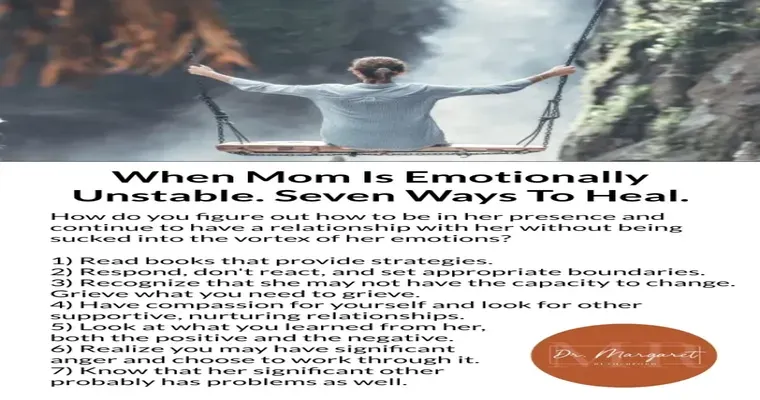
Mom's caregiver is my sister, who allowed her daughter & baby to move in, thus now not giving my mom proper care. How do we kick them out?
My sister, acting as Mom's caregiver, has allowed her daughter and baby to move in, which has led to inadequate care for Mom. This situation has become untenable, and we need to find a way to address the issue and reclaim the focus on Mom's well-being and proper support.
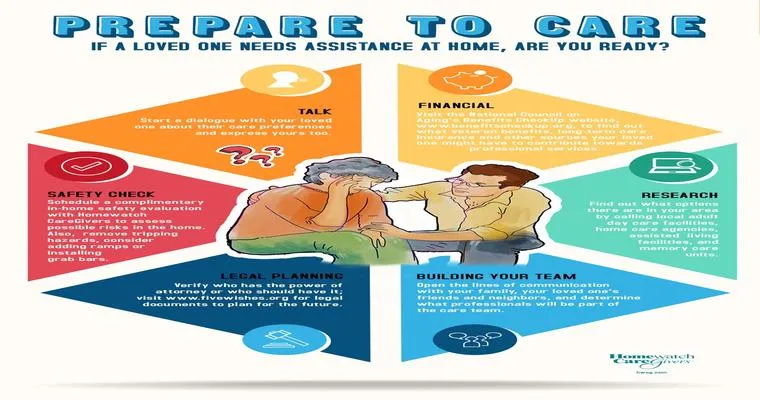
Creating a caregiving plan, how do you calculate wear and tear on your home?
Creating a caregiving plan involves assessing the specific needs of the individual and outlining necessary support services. To calculate wear and tear on your home, consider factors such as the frequency of use, maintenance costs, and potential repairs, while also accounting for the impact of caregiving activities on your living space.
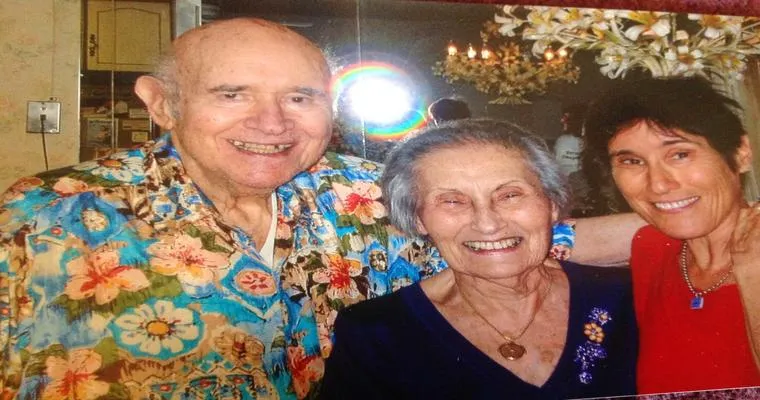
My 91-year-old mom is constantly hallucinating. She is restless day and night. She is a high fall risk, but won’t use her walker.
My 91-year-old mom is experiencing persistent hallucinations, leading to her constant restlessness day and night. Despite being a high fall risk, she refuses to use her walker, which adds to my concern for her safety and well-being. It's a challenging situation, requiring careful attention and support.
Page 31 of 134